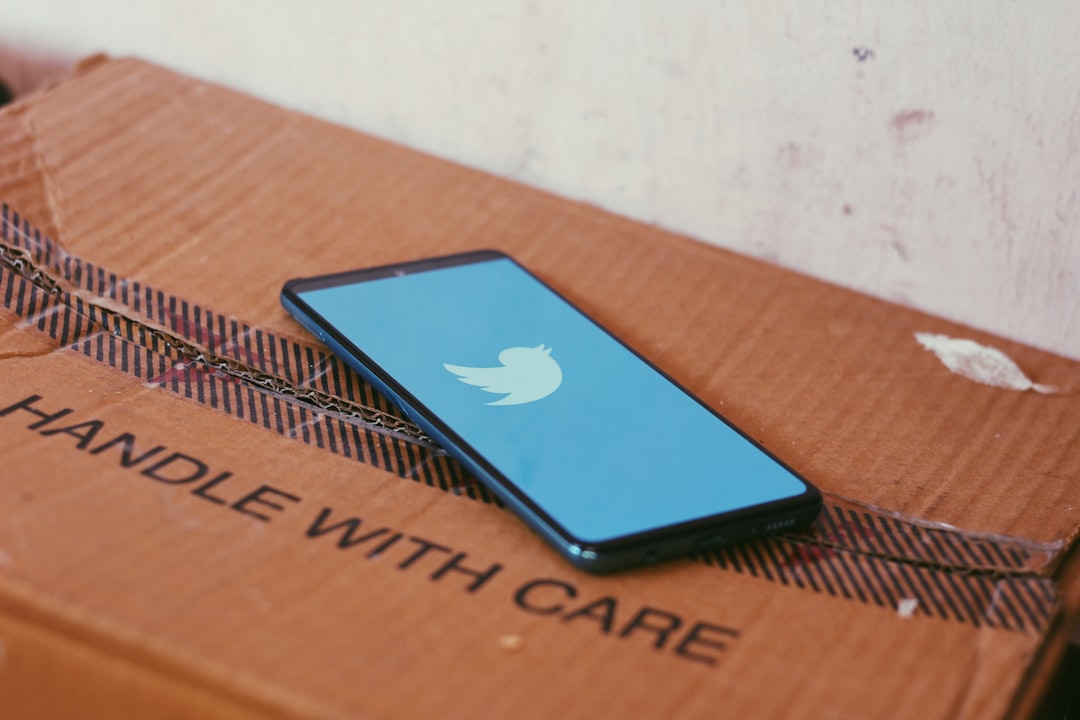Words You Can Mute On Twitter to Make Yourself Smarter
Being very online really does make you dumb
A smart friend recently told me he muted a prominent academic on Twitter.
“Why?” I asked.
“I like his books and think his ideas are brilliant,” he replied, “but on Twitter he’s so obnoxious that I noticed something: The more of his posts I saw, the less I respected his books. So I muted him to stop that from happening.”
To keep his respect for this academic’s best ideas intact, my friend chose to reduce his exposure to this academic’s erratic online behavior.
This method can help retain perspective not only for individuals, but for groups as well.
A while back I read a study about the “perception gap” from the Hidden Tribes Project.
The perception gap is the difference between what each political party thinks of the other versus the reality.
Here are a couple of intriguing findings from the study:
People who read the news have a more distorted view of their political opponents
Compared with political extremists (who consume a lot of news), politically disengaged people are 3 times more accurate in guessing how their political opponents think
The analogy between political parties and a single individual isn’t perfect.
If you want to form an accurate judgment about a person, knowing how they behave on social media might be a useful data point.
But if you want to form an accurate judgment about a political group, then being relentlessly exposed to the most extreme and online members of that group is a bad way to do it.
Remember: The vast majority of Twitter users never post at all.
What you see on the bird app is posted by a handful of weirdos.
Only 22 percent of U.S. adults are on Twitter.
Ten percent of users post 80 percent of all tweets.
If you rely on Twitter for political information, you are being informed by pundits (and bots) residing within 2.2 percent of the population. This small group tends to be the most politically extreme.
Reading political news makes you dumber. But reading political tweets lowers your IQ even more.
Reviewing the perception gap study, it was nice to get some empirical backing for something I’ve long practiced: muting words on Twitter.
My initial decision to mute words on Twitter was not to become smarter—that was just a fortunate side effect.
I mainly did it because people tend to sink to lower versions of themselves whenever they speak about political topics on social media.
If someone is going to discuss a contentious political issue, I’d rather read their essay, paper, or book than their Tweet. On social media, the desire for validation often overshadows the desire for clarity or truth.
Of course, if you make your living through political commentary or something, then muting doesn’t make sense. But if consuming political content doesn’t make you money or make you happy (often, it makes you unhappy), then why expose yourself to all of it?
It is mystifying to see people complain about how toxic Twitter is. The platform gives you the ability to mute and block! Take responsibility and control of your own experience.
Some people might be worried that by muting words they will no longer be “informed.”
Trust me: if something truly noteworthy occurs, you will know. People will tell you. They will message you. They will send you links. They can’t help themselves.
I have a bunch of words muted. Yet I knew on the same day as everyone else about Ukraine, the Uvalde shooting, the overturning of Roe v. Wade, etc.
I learned the concrete facts about these events.
But my feed wasn’t inundated with hot takes about them. Which made Twitter much more pleasant.
The mute function just prevents tweets containing selected words from appearing on your timeline. If someone sends you a link to a tweet, you’ll still be able to see it. Mute is primarily useful when you are scrolling.
So here are some words I mute from my Twitter feed:
Guns
Shooting
Ukraine
Putin
Tragic
Abortion
Election
Mask
I can’t believe this has to be said
Let that sink in
I’m so sorry
BLM
Biden
Trump
MAGA
Democracy
Loan forgiveness
Taylor Lorenz
Imagine thinking
Climate
Yikes
Greta Thunberg
Relatedly, a couple years ago I read a study indicating that certain words (what the researchers termed “moral-emotional” words) were more likely to predict virality.
Each of these words in a Twitter post is associated with a 20 percent increase in retweets.
I located the words in the supplemental material of the study. Then I visited Twitter and muted all of them.
Here are the words:
Attack
Bad
Blame
Care
Destroy
Fight
Hate
Kill
Murder
Peace
Safe
Shame
Terrorism
War
Wrong
Interestingly, muting all of these words makes Twitter more boring.
Which means I’m quicker to put my phone away and read a book or an essay or a paper instead.
Which is better for everyone.




This is the content everyone needs right now. I probably have 250 words muted, but I’ll definitely be adding some of yours. Adding Taylor Lorenz is a great idea. I’m sick of hearing about her.
On my list: Royal Family, Markle, fascist (spelled correctly and incorrectly), GQP, Emma Watson, trigger warning, and trauma.
Some content really just needs to be saved for your therapist and not Twitter, you know? 😕
Rob, I subscribed to read this, and I'm glad I did!